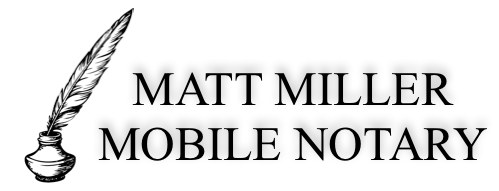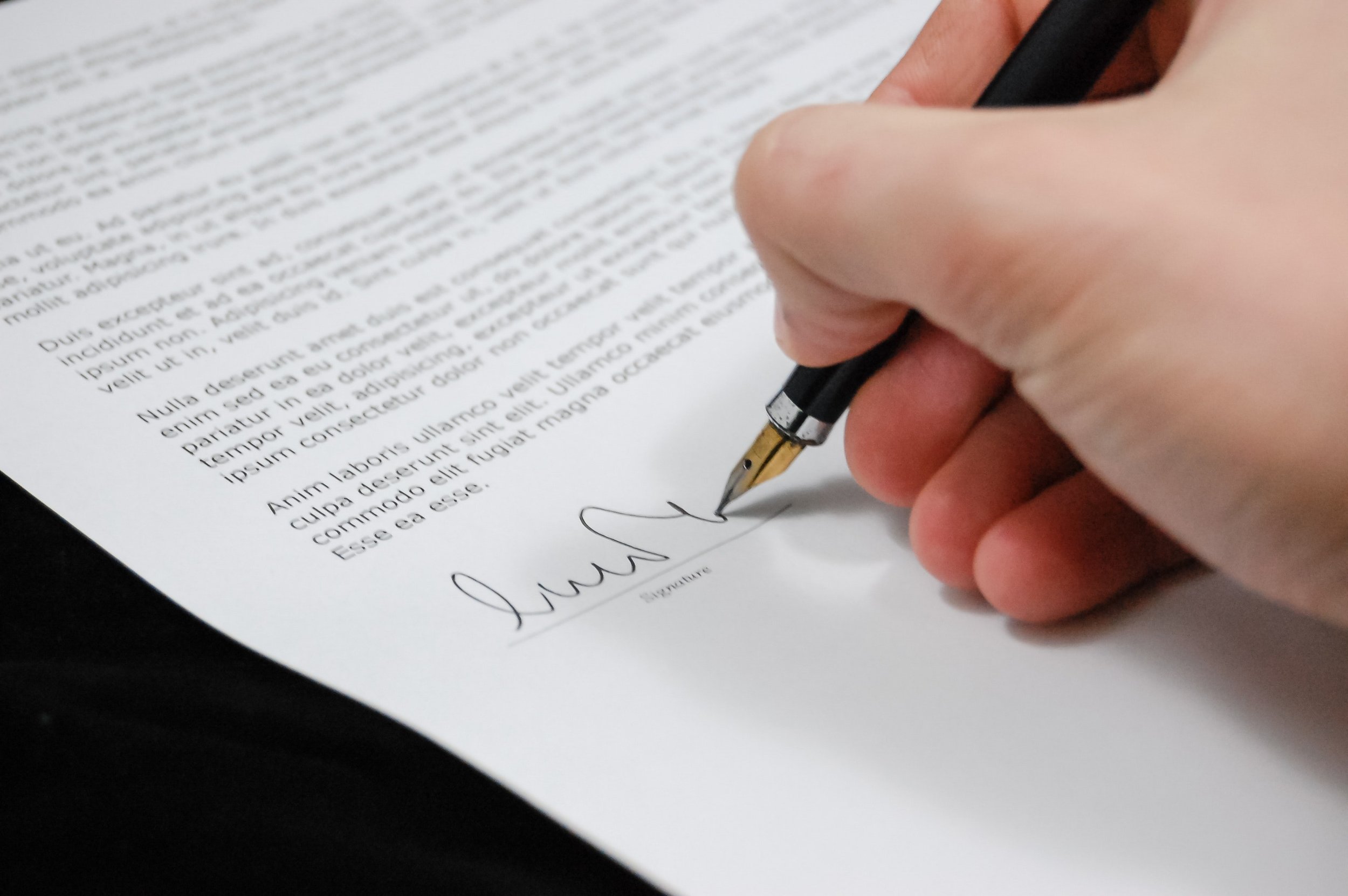Notarization is the process of authenticating a document by a notary public, a public officer who witnesses the signing of a document and verifies the identity of the signer. Notarization is often required for legal or financial transactions, and can help prevent fraud by providing an independent third-party verification of the authenticity of the document.
There are many types of documents that are commonly notarized, including:
Real estate documents: When buying or selling a property, it is common for documents such as deeds, mortgages, and titles to be notarized. This helps to ensure that the transaction is legally valid and can help prevent disputes over ownership of the property.
Financial documents: Financial documents such as loans, contracts, and power of attorney documents are often notarized to protect the interests of all parties involved. For example, a mortgage document may be notarized to confirm that the borrower has signed the document willingly and understands the terms of the loan.
Legal documents: Many legal documents, such as trusts, affidavits, and health care directives require notarization to be legally binding. This helps to prevent fraud and ensures that the document was signed willingly and with proper understanding of the terms.
Travel documents: Some travel documents, such as passport and visa requests, may require notarization to confirm the identity of the applicant and prevent fraud.
Business documents: Business documents, such as contracts and agreements, may be notarized to protect the interests of all parties involved and ensure that the terms of the document are legally binding.
In general, any document that requires legal or financial transactions or that involves the transfer of money or property may be notarized. It is important to consult with a legal professional or the appropriate government agency to determine if a document needs to be notarized and how to properly notarize it.




